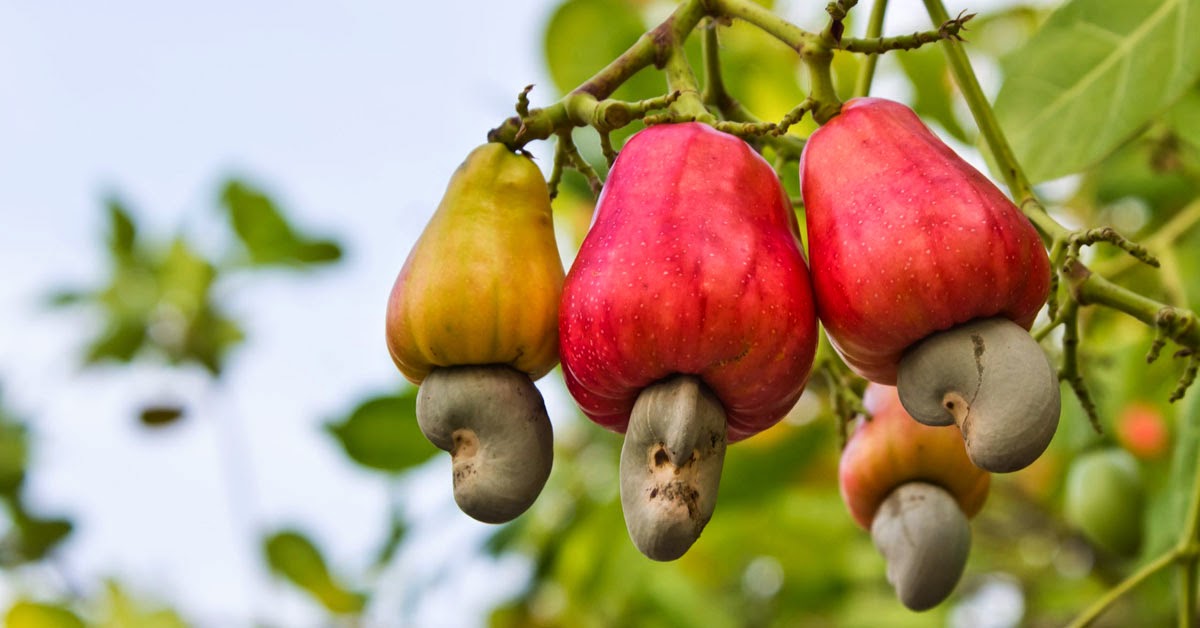- Cashew Exporters Seek N13b Credit from Banks
Exporters of raw cashew nuts under the aegis of National Cashew Association of Nigeria (NCAN) have urged the Central Bank of Nigeria (CBN) to order commercial banks to create a special window for them.
They said this would enable them get loans at competitive rates, adding that this would help revive the industry and boost the Federal Government’s efforts in diversification agenda.
The group said the CBN had agreed to support the produce, especially for its value addition to move beyond its export.
Speaking on the matter, the group’s spokesman, Mr Kehinde Ibikunle, said exporters needed about N13 billion to finance cashew export till the end of the year.
Ibikunle said they needed a special credit package from commercial banks to improve their exports. He said over 30 per cent of their members had abandoned the trade because of high interest rates they pay on loans, urging the apex bank to address the issue.
He noted that NCAN in the past contributed to the production of cashew by providing loans and herbicides to farmers.
But since banks have tightened credit and set “stricter criteria” for exporters, he said, cashew exporters should provide more detailed financial reports and prove the commercial viability of their business for banks to lend.
He said the $480 million target the group set for itself as foreign earnings from cashew nuts export at the beginning of the year might not be met unless the banks come to their aid.
Another member of the group, Mr. Francis Asade, said the Nigerian cashew is referred to as the best in the international market.
Asade told The Nation that the association had set up a four-year cashew development road map to increase production to 500,000 tonnes, adding that the plan was also aimed at enhancing value addition of the produce up to about 70 per cent within four years.
Asade disclosed that last year the country earned N144.7 billion from raw cashew nuts’ exports to Vietnam and other countries.
Investigation, however, revealed that last year, the Nigeria Customs Service (NCS), Tin-Can Island Command processed 45,462 metric tonnes of the produce for export in the first quarter of the year as against 8,140.6 metric tonnes in the corresponding perio.
Agricultural products being exported through the port are cashew nut, rubber, hibiscus flower, cocoa butter, sesame seed, processed wood, frozen shrimps and processed leather.
The exported manufacturing products are empty bottles, biscuits, cigarette, polyethene, billets, soap, hair cream and tissue paper, among others.


 Forex3 weeks ago
Forex3 weeks ago


 Naira2 weeks ago
Naira2 weeks ago
 Billionaire Watch2 weeks ago
Billionaire Watch2 weeks ago




 Naira2 weeks ago
Naira2 weeks ago




 Naira2 weeks ago
Naira2 weeks ago




 Naira1 week ago
Naira1 week ago




 Naira4 weeks ago
Naira4 weeks ago




 Naira3 weeks ago
Naira3 weeks ago





















